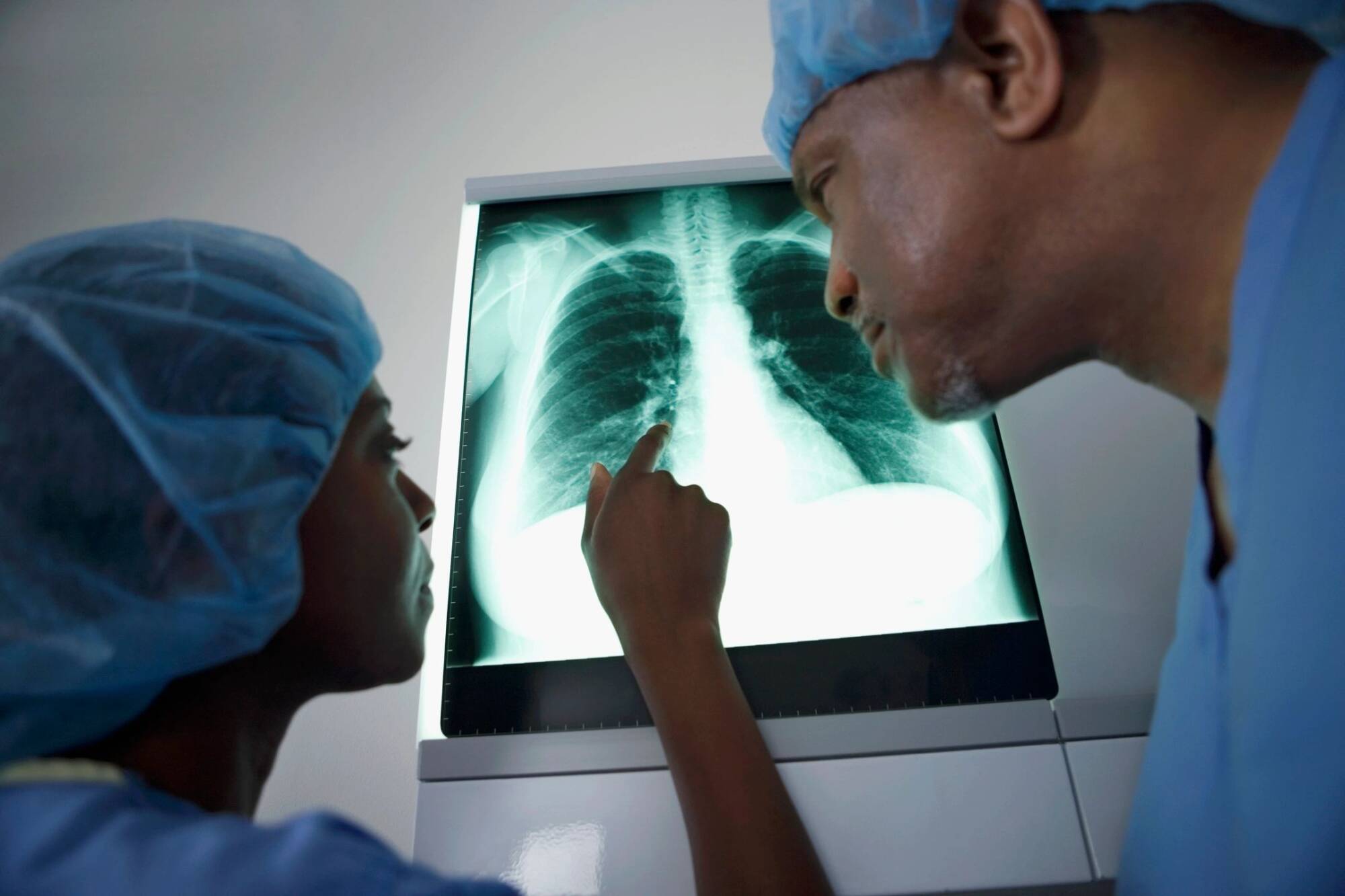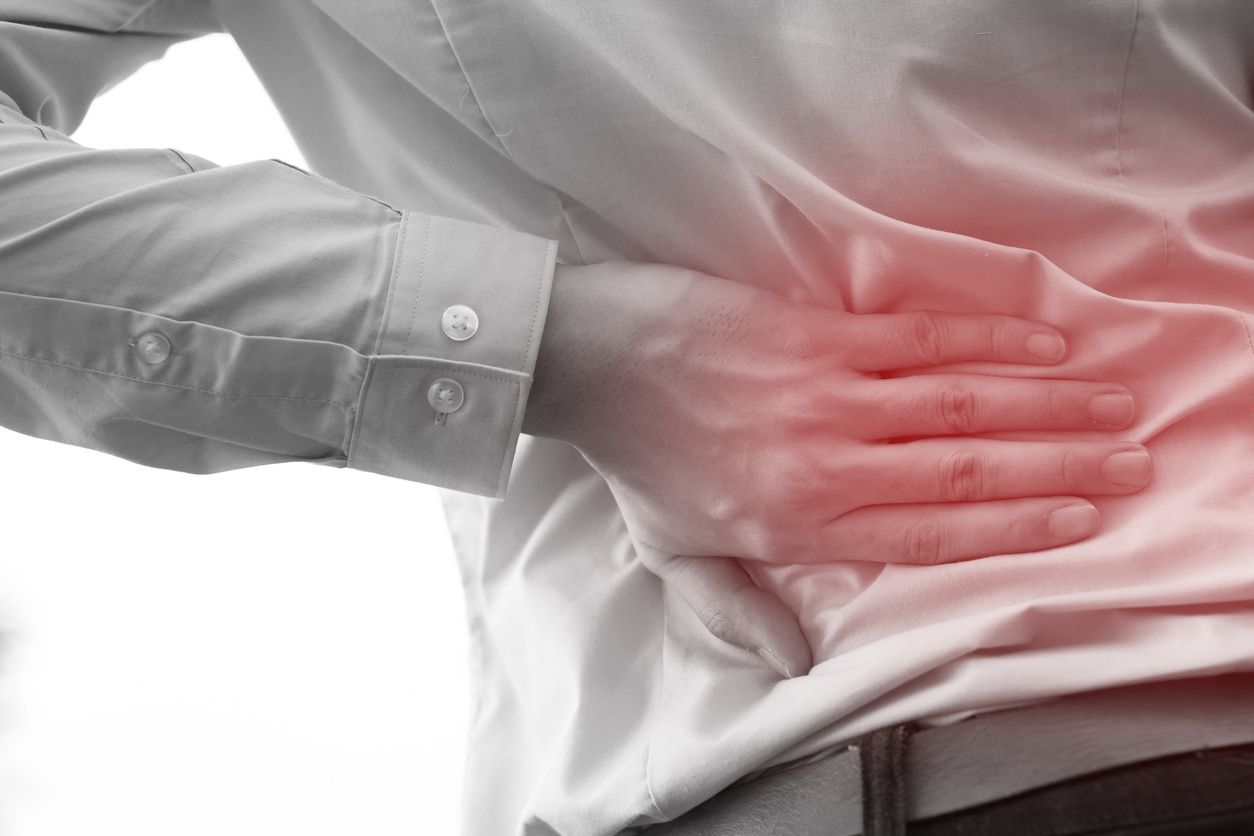Healthcare personnel (HCP) are on the front lines of caring for patients with confirmed or possible infection with coronavirus disease 2019 (COVID-19) and therefore have an increased risk of exposure to this virus. HCPs can minimize their risk of exposure when caring for confirmed or possible COVID-19 patients by following Interim Infection Prevention and Control Recommendations for Patients with Confirmed Coronavirus Disease 2019 (COVID-19) or Persons Under Investigation for COVID-19 in Healthcare Settings.
How COVID-19 Spreads
There is much to learn about the newly emerged COVID-19, including how and how easily it spreads. Based on what is currently known about COVID-19 and what is known about other coronaviruses, spread is thought to occur mostly from person-to-person via respiratory droplets among close contacts.
Close contact can occur while caring for a patient, including:
- being within approximately 6 feet (2 meters) of a patient with COVID-19 for a prolonged period of time.
- having direct contact with infectious secretions from a patient with COVID-19. Infectious secretions may include sputum, serum, blood, and respiratory droplets.
If close contact occurs while not wearing all recommended PPE, healthcare personnel may be at risk of infection.
How You Can Protect Yourself
Healthcare personnel caring for patients with confirmed or possible COVID-19 should adhere to CDC recommendations for infection prevention and control (IPC):
- Assess and triage these patients with acute respiratory symptoms and risk factors for COVID-19 to minimize chances of exposure, including placing a facemask on the patient and placing them in an examination room with the door closed.
- Use Standard and Transmission-Based Precautions when caring for patients with confirmed or possible COVID-19.
- Perform hand hygiene with alcohol-based hand rub before and after all patient contact, contact with potentially infectious material, and before putting on and upon removal of PPE, including gloves. Use soap and water if hands are visibly soiled.
- Practice how to properly don, use, and doff PPEpdf icon in a manner to prevent self-contamination.
- Perform aerosol-generating procedures, in an AIIR, while following appropriate IPC practices, including use of appropriate PPE.
Environmental Cleaning and Disinfection
Routine cleaning and disinfection procedures are appropriate for SARS-CoV-2 in healthcare settings, including those patient-care areas in which aerosol-generating procedures are performed. Products with EPA-approved emerging viral pathogens claims are recommended for use against SARS-CoV-2. Management of laundry, food service utensils, and medical waste should also be performed in accordance with routine procedures.
When to Contact Occupational Health Services
If you have an unprotected exposure (i.e., not wearing recommended PPE) to a confirmed or possible COVID-19 patient, contact your supervisor or occupational health immediately.
If you develop symptoms consistent with COVID-19 (fever, cough, or difficulty breathing), do not report to work. Contact your occupational health services.
For more information for healthcare personnel, visit: https://www.cdc.gov/coronavirus/2019-nCoV/hcp/index.html




